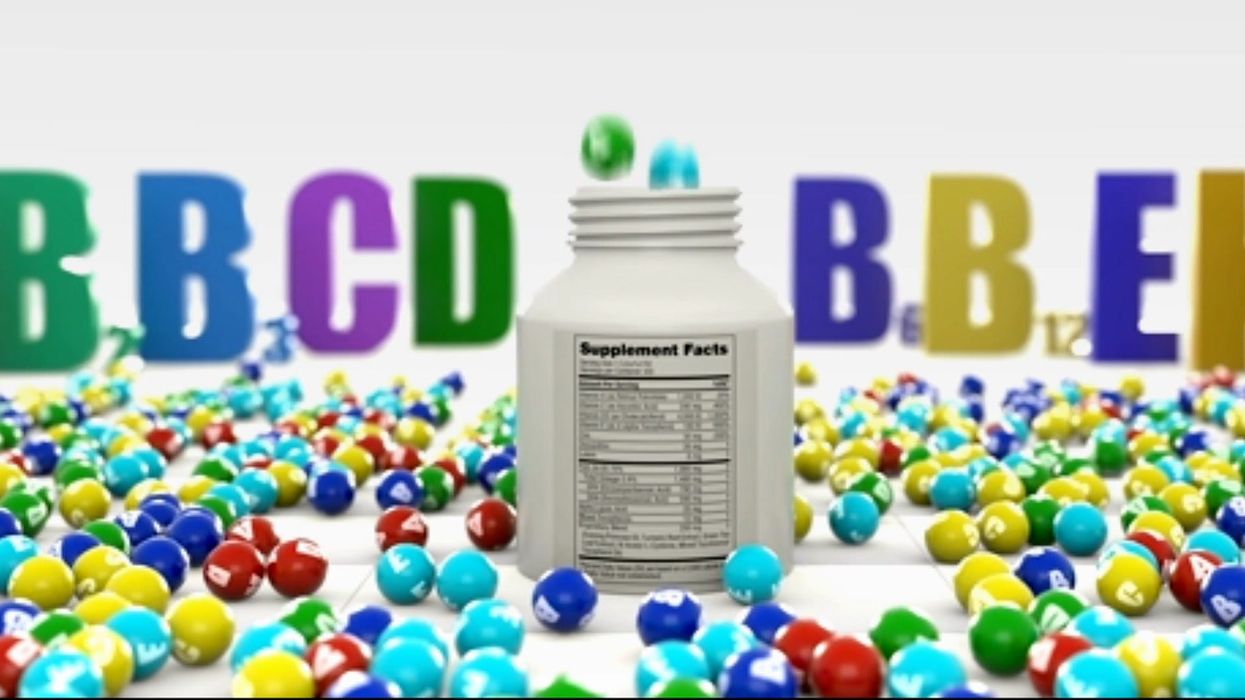A surgeon has suggested that the food we consume works in the same way as drugs, either benefiting us or being toxic to our bodies. Once we grasp that concept our "whole outlook on food will change".
Consultant bariatric surgeon Andrew Jenkinson said the elixir of life already exists.
"It is called food,” he said [via The Independent]. "But be warned, the door can swing the other way too – this same ‘drug’ can also cause weight gain, obesity, diabetes, inflammation, allergies and misery.
"Like any addictive drug, it can interfere with your reward pathways, make you feel unnaturally high, and lead to addictions and the formation of bad habits – and those bad habits and that unhealthy body becomes you."
The surgeon, who released his new book How to Eat (And Still Lose Weight), turned his attention to the infatuation with calories.
"The calories in your food are of secondary importance to your weight and health," he said. "It’s what the food does to your body, and just as importantly what it does to your brain, that matters.
"Once you grasp that food works just like a drug and that the drug can be either medicinal or toxic, your whole outlook on food will change," he said. "Armed with this knowledge, you will have the keys to unlock a healthier life, without needing to resort to willpower, because once you understand how food affects you, you will naturally start to crave good food."
So, what should we be eating more of?
According to Jenkinson, we should all be upping our intake of fish, egg whites, healthy grains including pulses and beans, quinoa or buckwheat which "don't spike your insulin" as well as fresh vegetables and berries.
He also suggested, as per new research, that it's fine to eat fatty steaks, red meat (grass-fed), butter and yoghurt, but avoid palm oil, which has links to heart disease.
"Red meat is not bad for you," he explained. "It is full of health-giving natural saturated fats. These fats do not spike insulin levels and do not cause obesity."
The food we should eat in moderation comes as no surprise, including high sugar and refined carbohydrates, sweetened soft drinks, fast food and processed foods and food containing artificial colourings and flavouring.
How to join the indy100's free WhatsApp channel
Sign up for our free Indy100 weekly newsletter
Have your say in our news democracy. Click the upvote icon at the top of the page to help raise this article through the indy100 rankings.














